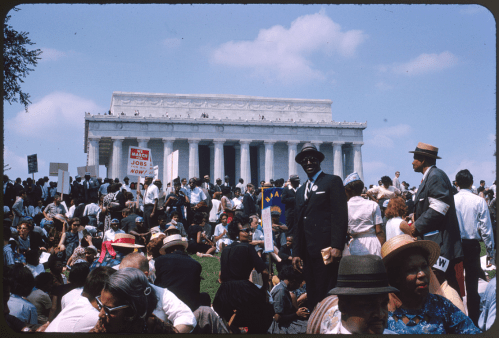As states and municipalities continue to address immigration issues on their own, it remains to be seen whether federal inaction will have any effect on elections next year. Polling data from states like Florida, California, and Ohio show that House Republicans could be more vulnerable than anticipated if immigration reform is not passed. On the other side of the aisle, one wonders whether vulnerable Democratic senators from conservative states will backpedal or disavow the comprehensive bill passed earlier this year in the upper chamber.
Last week, enforcement-related issues were the dominant state and local immigration trend.
A new report out from Syracuse University’s Transactional Records Access Clearinghouse (TRAC) highlights growth and decline of immigration prosecutions over the last year. Along the Southern border, prosecutions are up in New Mexico and Texas and down in Arizona and California.
In the 2012 election, much was made of “attrition through enforcement,” the idea that by creating an environment so hostile toward unauthorized immigrants they would “self-deport.” Far from his original stance, former GOP presidential candidate Mitt Romney recently announced his support for a pathway to citizenship for undocumented immigrants, and a new study from the National Bureau of Economic Research finds that for the most part, local enforcement policies do not encourage self-deportation. Law enforcement in one notable locale, however, Arizona’s Maricopa County, was found to discourage immigrants (and also violate civil rights per a recent federal court ruling).
Speaking of attrition through enforcement, the Fremont, NE City Council has set February 11, 2014 as a “special election” referendum for residents to vote on the ordinance restricting rental housing to undocumented immigrants.
New polling data from California shows white voters are less supportive of the state’s legislation permitting undocumented immigrants to obtain driver’s licenses and practice law than Latino voters. On both accounts, more than 60 percent of Latino voters support the measures, while less than half of white voters do.
Similar to one piece California’s recent immigration legislation, New York State is contemplating licensing undocumented immigrants to practice law. Elsewhere in New York, the Associated Press covered the growing trust between immigrants and law enforcement officials on Long Island five years after a hate crime targeting an Ecuadorean immigrant.
In neighboring New Jersey, mayors and other elected officials in New Jersey are campaigning in support of the Tuition Equality Act, a bill that would extend in-state tuition and state financial aid to New Jersey’s undocumented high school graduates.


Commentary
This Week in Immigration Reform: Enforcement on Local Agendas
November 19, 2013